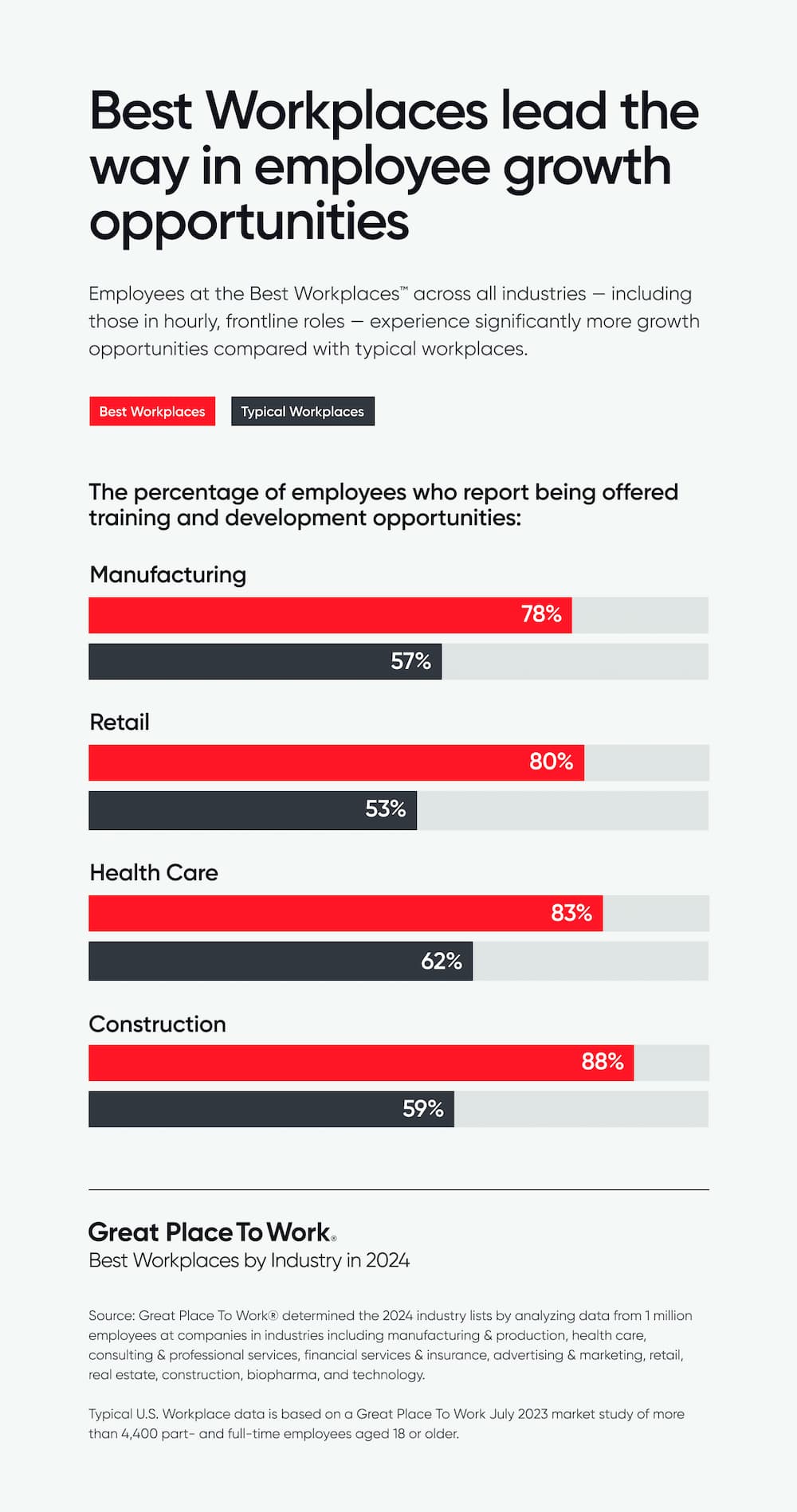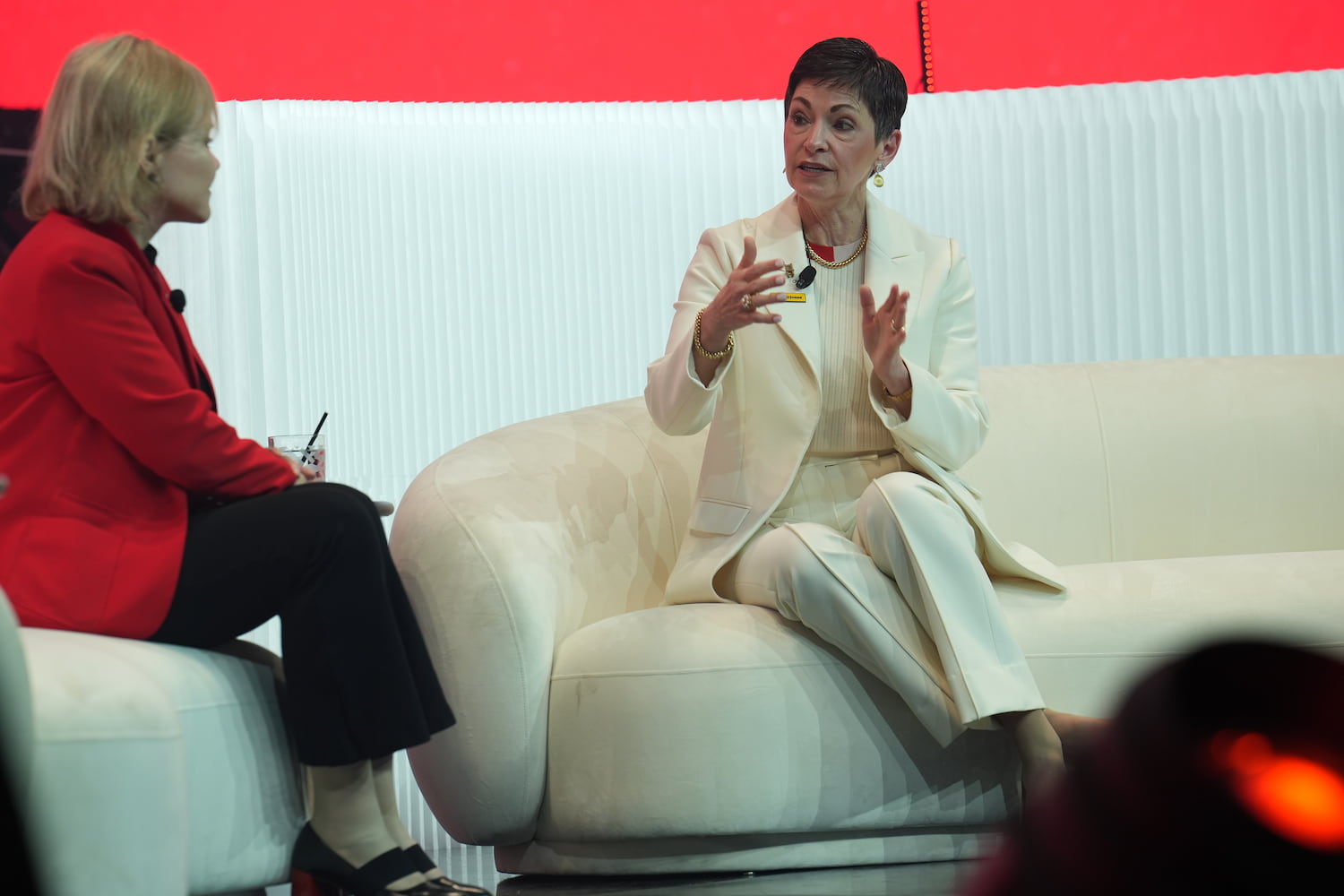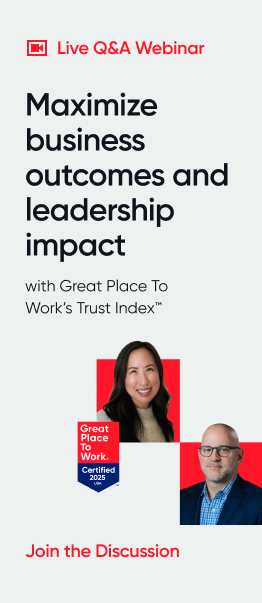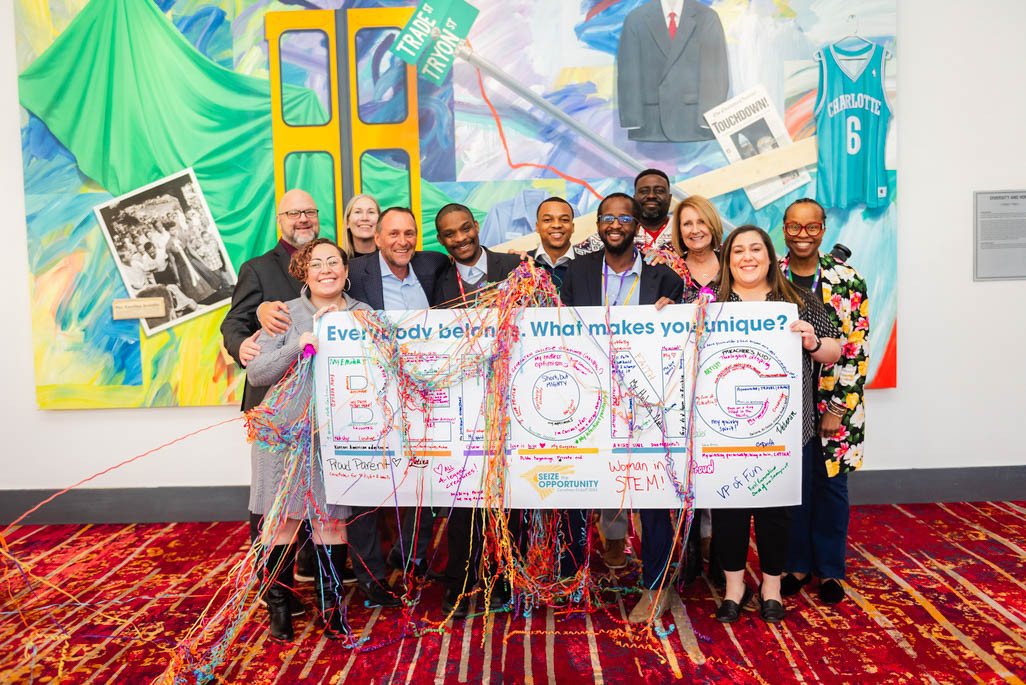Best Workplaces, Company Culture, Equity, Training & Development
Across all industries, leaders who create equitable workplaces — where employees have equal opportunities for growth, recognition, and time with leaders — experience higher levels of productivity, agility, and retention.
Equity at work goes beyond fair pay.
Fair compensation is important, but it alone doesn’t make a workplace equitable or motivate people to work hard.
Employees are 60% more likely to give extra if they believe their employer offers equitable opportunities for special recognition and 30% more likely if they feel they’re paid fairly, according to research from Great Place To Work®.
“It’s important to pay people what they’re worth, but it’s not enough,” says Michael C. Bush, CEO of Great Place To Work. “Special recognition makes you feel like a person who is needed, not just an employee. It’s motivating to be recognized for a job well done, whether you punch a timecard on the frontlines, or log into your laptop from home. For that to happen, everyone needs an opportunity to contribute and be seen for their accomplishments.”
That responsibility falls to leaders. It’s on them to make time for their people, provide growth opportunities, and recognize hard work — not for some, but for all. That’s what equity of opportunity looks like.
With near-record low employee engagement levels, and workers looking to jump ship or “quit and stay,” executives can’t afford not to create equitable workplaces, which are more innovative, agile, and productive — business metrics essential to AI success.
In today’s challenging environment, the 2024 Fortune Best Workplaces™ across 10 industries stand out.
Over 90% of employees at these workplaces feel like full team members; 80% believe promotions are fair, special recognition is equitable, and they’re offered training and development opportunities equally.
That results in dividends for executives across all industries: 90% of employees are willing to give extra effort — a 53% increase over typical workplaces, nearly 90% believe their workplace adapts well to change — a 42% increase, and 88% want to stay at their company long-term — a 44% increase.
“Those returns are what every executive wants, but that can’t happen without trust,” Bush says. “If your people don’t believe your processes for promotions, development, or recognition are fair, you won’t create the type of workplace you need to compete in business today. That trust is earned. And once you have it, you have to work hard to keep it. Do that, and you’ll be unstoppable.”
Workplaces with high-trust cultures significantly outperform typical workplaces across all measures of the employee experience, according to Great Place To Work research.
It’s why manufacturing workers at great workplaces have higher levels of satisfaction in pay and promotions than their technology peers at average companies. Or why health care workers at great companies experience better well-being compared to construction workers at typical companies.
You might be surprised to hear that the Fortune Best Workplaces in Construction™ offer more opportunities for career growth than typical workplaces in any industry. At companies on the construction list, nearly 90% of employees feel they have professional development opportunities – among the highest at the Best Workplaces in any industry.
Similarly, in retail, an industry that may not seem to offer many opportunities for special recognition, a staggering 97% more employees at the Best Workplaces in Retail™ feel managers avoid playing favorites compared to typical retail companies.
Great Place To Work determined the 2024 industry lists by analyzing data from 1 million employees in manufacturing and production, health care, consulting, and professional services, financial services and insurance, advertising and marketing, retail, real estate, construction, biopharma, and technology.
Equity of growth and development boosts retention
Industries don’t determine our work experience; companies do. More to the point, leaders at those companies do.
At the Best Workplaces in Construction, 91% of employees feel their managers show genuine interest in them compared with 58% at typical workplaces.
We see the virtuous circle of care that happens when people trust their leader. If employees feel management cares, they are 1.5 times more likely to stay with their company. At the top-performing workplaces in construction, 93% of people want to work there for a long time.
In addition to regular 1:1 meetings, managers at David Weekley Homes (No. 3 among large companies in construction) hold quarterly growth reviews to connect with employees on personal, professional, and team goals. Employees and managers complete growth review forms prior to meetings, and they discuss not only the previous quarter, but look ahead to the growth and development needed to achieve those goals.

Equitable time with leaders drives adaptability
It’s not easy for workers to approach management, ask questions and get straight answers, or be included in decision-making — a missed opportunity at many workplaces.
When employees feel they are involved in decisions that impact their work, their workplace is 1.3 times more likely to be agile. At typical workplaces, about half of employees say management includes them in decisions that affect them. That jumps to 79% — a 55% increase— at the Best Workplaces.
If your people don’t believe your processes for promotions, development, or recognition are fair, you won’t create the type of workplace you need to compete in business today. That trust is earned. - Michael C. Bush
The Fortune Best Workplaces in Manufacturing and Production shine with 87% who feel leaders are approachable, 80% who believe leaders seek and respond to suggestions and ideas, and 73% who say they’re included in decision-making.
Ranked as the No. 1 Best Workplace in Manufacturing and Production, Dow relies on employee resource groups (ERGs) as an essential way to involve employees in business decisions, and serves as a vital listening tool. With support from the top, nearly every people leader (98%) participates in ERGs. Senior executives, including CEO and Chair Jim Fitterling, serve as executive sponsors and allies, committed to advancing ERGs’ goals.
Equity of recognition increases productivity
Equity of opportunity relies heavily on trust in leadership. Without trust, employees are more likely to believe leaders have favorites.
Leaders at winning retail workplaces make sure employees feel workplaces are fair: 78% of workers feel managers avoid playing favorites, a 97% increase over typical retail companies. The result: 82% of employees at winning retail workplaces say people are willing to give extra to get the job done, a 71% increase over typical retail workplaces.
Special recognition makes you feel like a person who is needed, not just an employee. It’s motivating to be recognized for a job well done, whether you punch a timecard on the frontlines, or log into your laptop from home. - Michael C. Bush
Executives at The Spinx Company, No. 9 among the large companies in retail, make time to give face-to-face recognition to frontline workers by visiting stores to celebrate employees who’ve gone above and beyond and by holding lunches to acknowledge support center workers.
Despite their differences, the companies on the Best Workplaces by industry lists have created equitable cultures rooted in leadership trust. In return, they outperform organizations in both the employee experience and business performance across all industries.
Get recognized for your culture
Gain accolades for your workplace environment and attract top talent who share your values.











